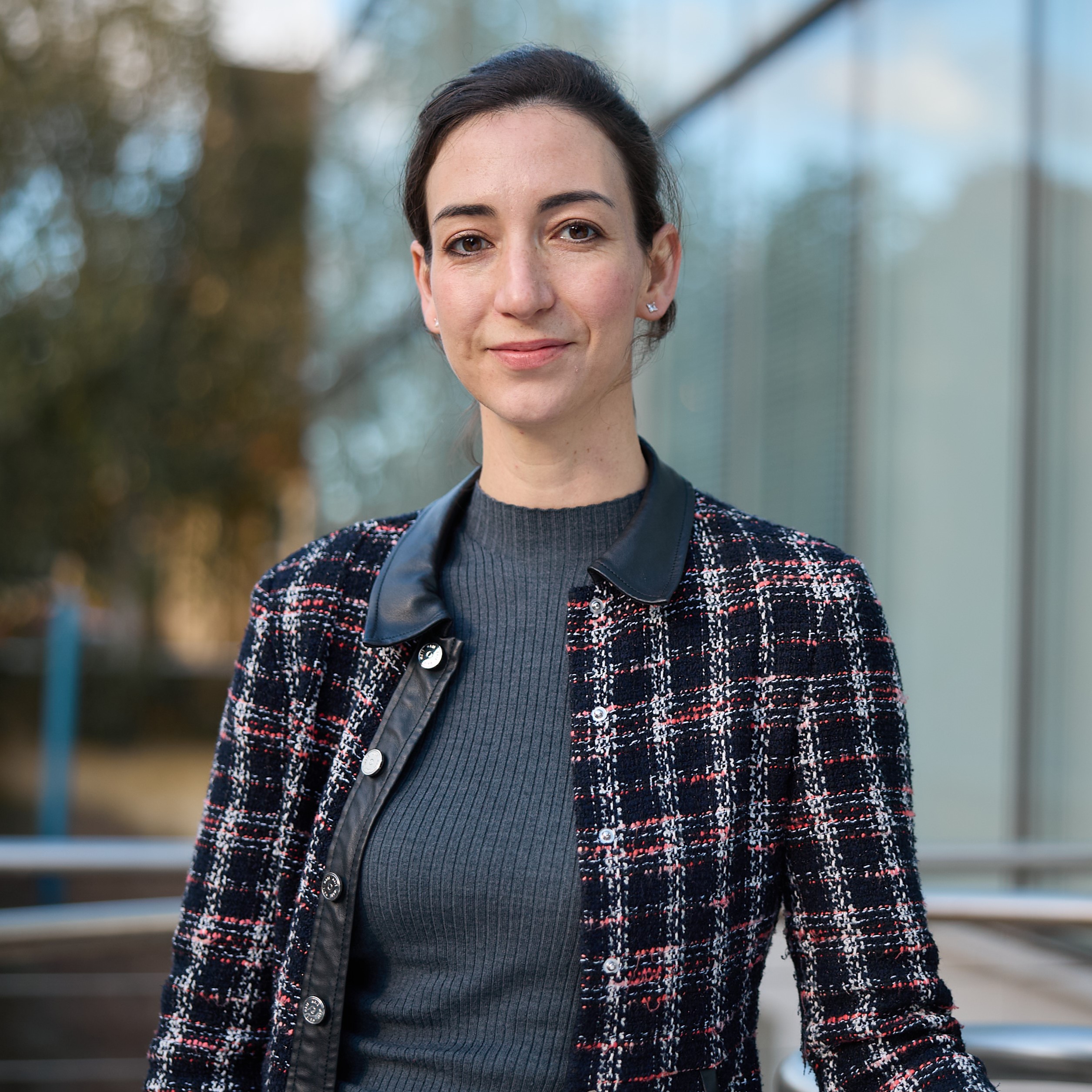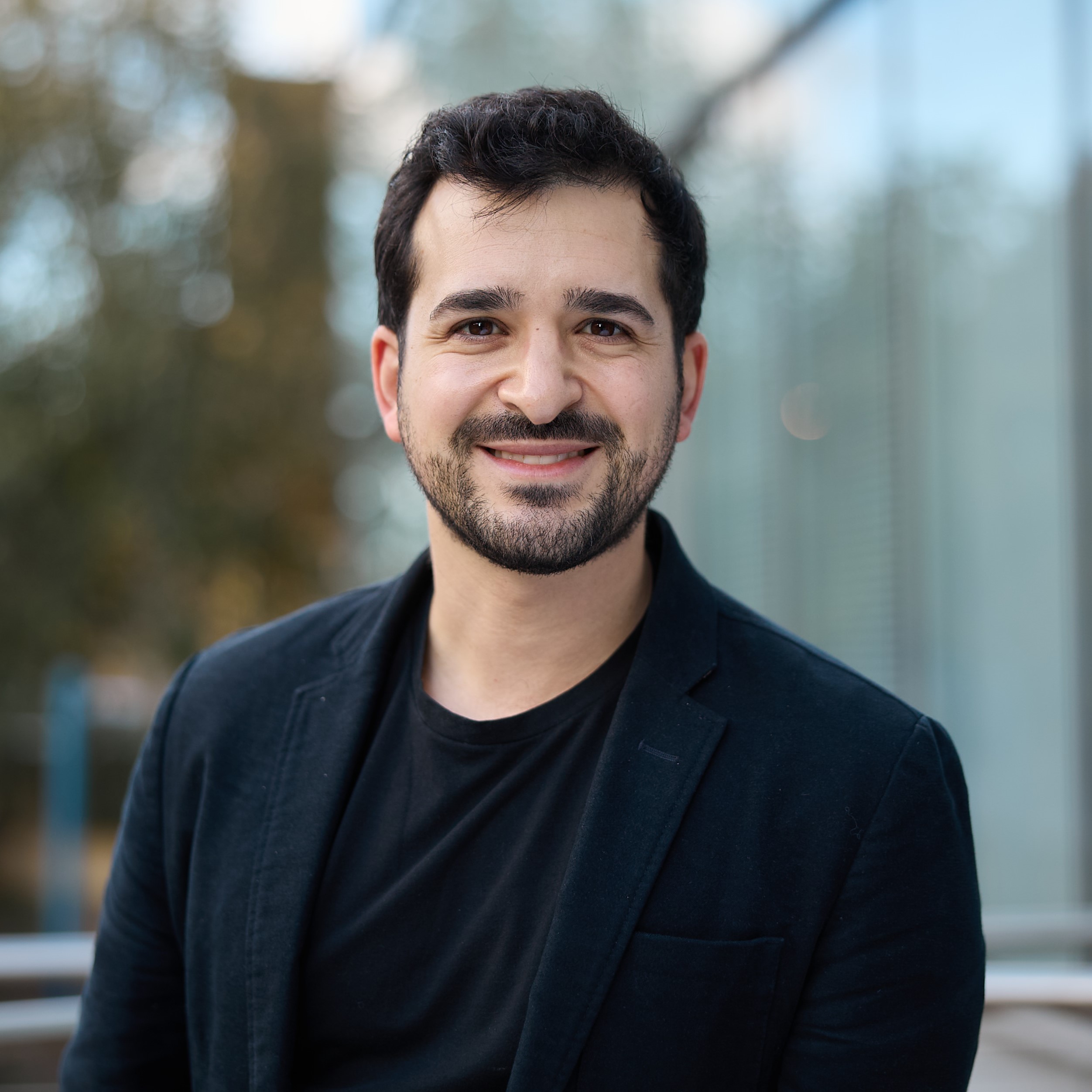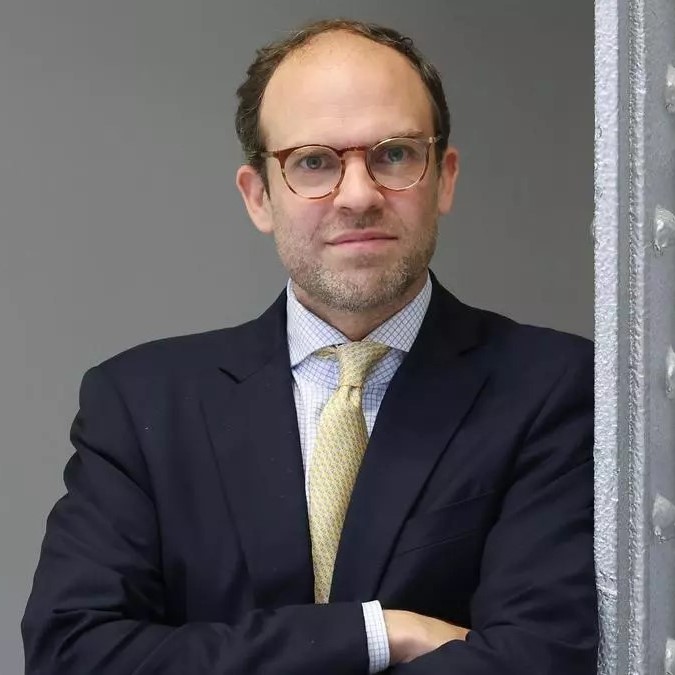
A recording of this talk is available now. A write-up will be available soon.
A write-up is also available here, written by DPhil student Konrad Ksiazek.
Abstract: In her talk, Professor Anu Bradford challenges the common view that more stringent regulation of the digital economy inevitably compromises innovation and undermines technological progress. The existing technological gap between the United States and the EU should not therefore be attributed to the laxity of American laws and the stringency of European digital regulation. Instead, there are more foundational features of the American legal and technological ecosystem that have paved the way for U.S. tech companies’ rise to global prominence—features that the EU has not been able to replicate to date. By severing tech regulation from its allegedly adverse effect on innovation, Bradford seeks to advance a more productive scholarly conversation on the costs and benefits of digital regulation. It also directs governments deliberating tech policy away from a false choice between regulation and innovation while drawing their attention to a broader set of legal and institutional reforms that are necessary for tech companies to innovate and for digital economies and societies to thrive.
The Institute for Ethics in AI will bring together world-leading philosophers and other experts in the humanities with the technical developers and users of AI in academia, business and government. The ethics and governance of AI is an exceptionally vibrant area of research at Oxford and the Institute is an opportunity to take a bold leap forward from this platform.
Every day brings more examples of the ethical challenges posed by AI, from face recognition to voter profiling, brain-machine interfaces to weaponised drones, and the ongoing discourse about how AI will impact employment on a global scale. This is urgent and important work that we intend to promote internationally as well as embedding in our own research and teaching here at Oxford.

Professor Anu Bradford is Henry L. Moses Professor of Law and International Organizations at Columbia Law School, a Director for Columbia’s European Legal Studies Center, and a Senior Scholar at Jerome A. Chazen Institute for Global Business at Columbia Business School. Bradford is also a nonresident scholar in the Europe Program at the Carnegie Endowment for International Peace. Her research focuses on European Union law, digital regulation, international trade law, and comparative and international antitrust law.
Bradford earned her S.J.D. (2007) and LL.M. (2002) degrees from Harvard Law School and also holds a law degree from the University of Helsinki. After completing her LL.M. studies as a Fulbright Scholar at Harvard Law School, Bradford practiced antitrust law and European Union law at Cleary Gottlieb Steen & Hamilton in Brussels before returning to Harvard for her doctoral studies. She has also served as an adviser on economic policy in the Parliament of Finland and as an expert assistant to a member of the European Parliament. Bradford is the author of “The Brussels Effect: How the European Union Rules the World” (OUP 2020), which was named one of the Best Books of 2020 by Foreign Affairs. Her most recent book “Digital Empires: The Global Battle to Regulate Technology” was published by Oxford University Press in September 2023, and was recognized as one of the Best Books of 2023 by Financial Times.
Commentators

Dr Caroline Emmer de Albuquerque Green is an Early Career Research Fellow at the Institute and Research Fellow at Reuben College. Caroline's work focuses on AI and human rights, specifically in the fields of health and social care. Caroline holds a LLB (Hons) from the University of Edinburgh, an MSc in Human Rights from the LSE, a MA in Investigative Journalism from City University and a PhD in Gerontology from King's College London. Prior to joining the Institute she worked as a ARC South London post-doctoral Research Fellow at King's College London.

Professor Ignacio Cofone is Professor of Law and Regulation of AI at Oxford, working jointly at the Faculty of Law and the Institute for Ethics in AI. He is also an Official Fellow of Reuben College and an Affiliated Fellow of the Yale Law School Information Society Project. Before joining Oxford, he was the Canada Research Chair in AI Law and Data Governance at McGill University. Cofone’s research examines how the law can and should adapt to AI-driven social and economic changes. His book, The Privacy Fallacy: Harm and Power in the Information Economy, argues that AI requires restructuring privacy and data protection law based on the duties that we owe one another as members of a society—typically captured by extracontractual obligations—because basing these bodies of law on individual consent and control has become ineffective. His current research project focuses on how to prevent and redress nonmaterial AI harms and on fostering human-centred AI innovation.

Professor Carl-Benedikt Frey is the Dieter Schwarz Associate Professor of AI & Work at the Oxford Internet Institute and a Fellow of Mansfield College, University of Oxford. He is also Director of the Future of Work Programme and Oxford Martin Citi Fellow at the Oxford Martin School. In 2012, Frey became an Economics Associate of Nuffield College and Senior Fellow at the Institute for New Economic Thinking, both University of Oxford. He remains an Associate Fellow of the Department of Economic History at Lund University, and a Fellow of the Royal Society of Arts. In 2019, he joined the World Economic Forum’s Global Future Council on the New Economic Agenda, as well as the Bretton Woods Committee. And between 2020 and 2022, he was a member of the Global Partnership on Artificial Intelligence (GPAI) – a multistakeholder initiative to guide the responsible development and use of AI, hosted by the OECD. He is also an op-ed contributor to the Financial Times, Foreign Affairs, Scientific American, and the Wall Street Journal, where he has written on the economics of artificial intelligence, the history of technology, the future of cities, and remote work.
Hosted by

Professor John Tasioulas the inaugural Director for the Institute for Ethics and AI, and Professor of Ethics and Legal Philosophy, Faculty of Philosophy, University of Oxford. He was previously the inaugural Chair of Politics, Philosophy & Law and Director of the Yeoh Tiong Lay Centre for Politics, Philosophy & Law at The Dickson Poon School of Law, Kings College London. Professor Tasioulas has degrees in Law and Philosophy from the University of Melbourne, and a D.Phil in Philosophy from the University of Oxford, where he studied as a Rhodes Scholar. He was previously a Lecturer in Jurisprudence at the University of Glasgow, Reader in Moral and Legal Philosophy at the University of Oxford, where he taught from 1998-2010, and Quain Professor of Jurisprudence at University College London. He has also acted as a consultant on human rights for the World Bank and is a member of the International Advisory Board of the European Parliament's Panel for the Future of Science and Technology (STOA). He has published widely in moral, legal, and political philosophy.
